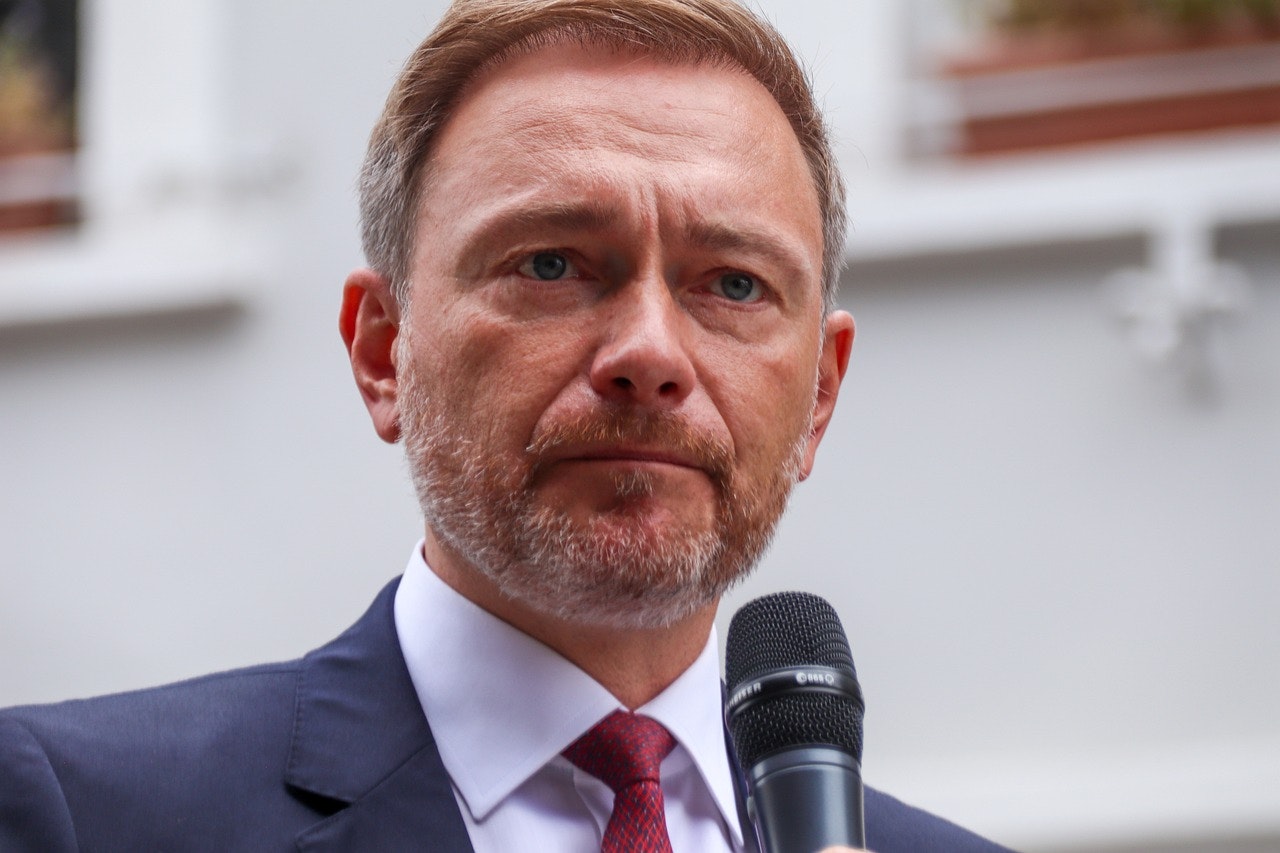Politics
Lindner Increases New Debt for 2025 Despite Unchanged Budget Gaps
Federal Finance Minister Christian Lindner increases new debt for 2025 to 56.5 billion euros due to weaker economic forecasts.

Federal Finance Minister Christian Lindner (FDP) plans a significant expansion of new debt for the year 2025. According to the latest plans from the Ministry of Finance, net borrowing is expected to amount to 56.5 billion euros, which is 5.2 billion euros more than in the original budget draft for 2025 presented in the summer.
This adjustment is possible because, according to the federal government's autumn projection presented by Economy Minister Robert Habeck (Greens), the economy has developed significantly weaker than previously assumed. The poorer economic outlook increases the cyclical component of the debt brake, allowing Lindner to take out more loans to respond to decreased tax revenues and increased expenditures due to higher unemployment.
Despite this increase, the existing funding gap of 12 billion euros in the government's budget draft remains. The planned net borrowing consists of a structural deficit of 0.35% of the annual economic output, amounting to 14.4 billion euros, and a cyclical component currently amounting to 15 billion euros.
In addition to regular borrowing, Lindner plans debt-financed financial transactions totaling 27.1 billion euros. This includes, among other things, an equity injection for Deutsche Bahn. These measures fall outside the debt brake since the liabilities are offset by assets of the same amount.
The measures are intended to help cushion the financial challenges, but they are not sufficient to close the large gaps in the budget draft. During the upcoming budget consultations, the Bundestag will have to decide on the new debt resolutions.
A spokesperson for the Ministry of Finance emphasized that the additional loans are necessary to mitigate the economic impact of the weak economy. "Our priority is to ensure the stability of public finances while enabling the necessary investments for the future," he said.
Despite the increased borrowing, structural problems in the budget persist, continuing to challenge the long-term financial stability of the Federal Republic of Germany. Experts warn that without deep reforms, the existing funding gap could jeopardize the intended savings and investments.




